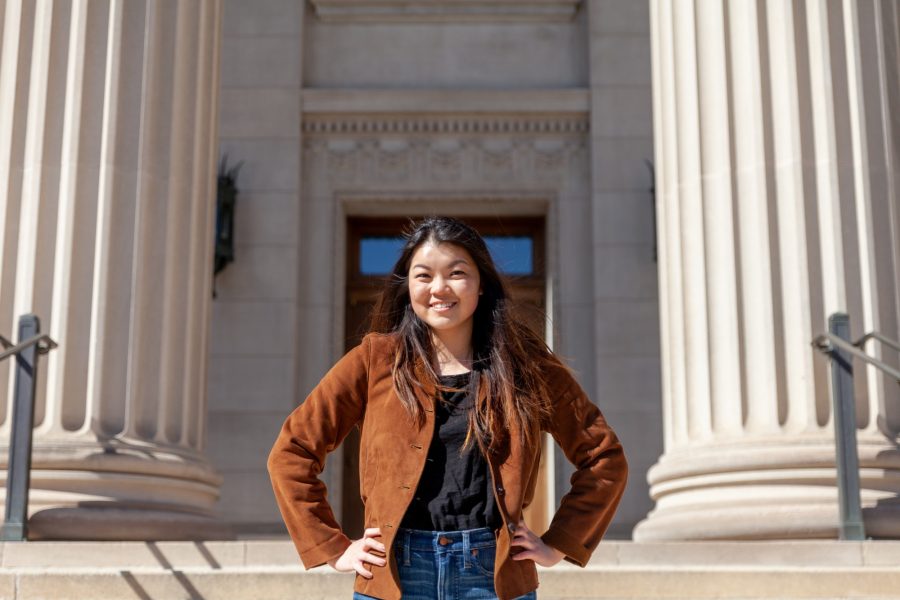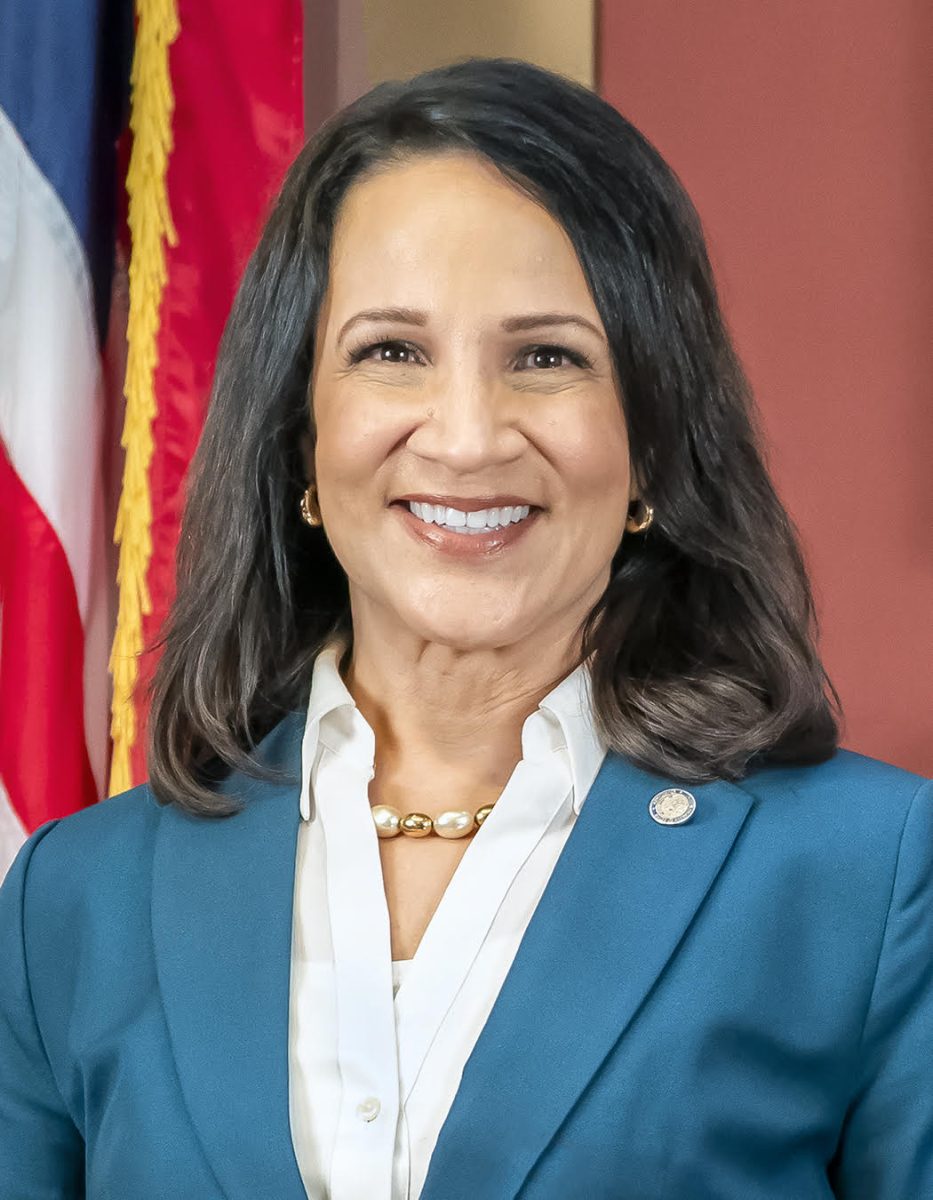The Minnesota Daily spoke with Amy Ma, the 2020-2021 Minnesota Student Association president, about the global pandemic, University of Minnesota Police Department reform and challenges for students highlighted by campus reopening.
Ma officially started her term with MSA Vice President Rebecca Cowin on July 1.
What are you hoping to achieve and address in your first semester as MSA president?
I think definitely a lot has changed since we originally put together a platform and, you know, thought about running — it feels like so long ago. I think we do need flexibility to respond to things that are facing students right now immediately. And for me, I think some of the bigger ones [are] COVID-19 and how that impacts students, everything happening with UMPD, which will be a conversation that needs to continue, and looking into later in the semester, which it’s hard to know what that will even look like … There are also just some things that were left behind and are continuing from last year. I think when COVID-19 hit, some things just had to be delayed or essentially were not the priority for the University during such an immediate emergency time.
In the last several months, Minnesota has garnered attention after the killing of George Floyd. How has this shaped your role as MSA president?
Before I officially transitioned into this role, I was working a lot with the [University] Senate, and there were various pieces that we’re trying to go through. There was a special session in which MSA endorsed a proposal asking for demilitarization of UMPD and it wasn’t able to get on the University Senate agenda. I’ve been trying to support that in both a personal and professional capacity. There’s work around just, like, minimizing police presence in general. There are a couple other pieces, such as making sure that the George Floyd scholarship is exclusive to Black students and students who really experienced and [have] grown up with police brutality and that presence in their communities. And I think those are all really, really important things, and I have been trying to center, I think, the voices of Black students and Black activists who have been doing this work; this [is] something that they’ve lived and something that I had the privilege to really reckon with a lot more over these last few months.
COVID-19 has spotlighted public health disparities and gaps in how the University is addressing student needs, especially for students from marginalized backgrounds. What are you doing to address these issues as they arise out of COVID-19?
COVID-19 is such a big one, and I think going to frame a lot of this fall and you know this spring to whatever extent, and it’s also very evolving, so it’s hard exactly to know what that looks like. But I think college affordability is a huge one and we’ve seen food insecurity, housing insecurity, like student workers and wages be so important and [at the] forefront in this conversation. And those were actually even before COVID-19, some of the things Becca and I were most passionate about. So we’ve had to make those connections and ensure that as things come up, to be there for students. So trying to navigate this, together as like a campus, has been really important.
What do you think are the biggest challenges for students right now, and how do you plan to help students overcome those challenges?
I think the biggest challenges would be related to COVID-19, which is hard because it’s so many challenges, I think, wrapped up in one. I would say the college affordability piece is definitely a part of it, and we’ve been trying to explore what tuition or fee reductions could look like for students … I think academic pressures are similarly very difficult, especially for international students or students who are in different time zones. So trying to prepare for things that like, when we don’t know what’s going to happen, is a really big challenge.
How would you describe your mindset right now, being MSA president in this unprecedented time?
I think one thing I’ve been trying to tell myself and tell a lot of people I’m working [with] is that student leadership and strong advocacy are still important and will be as important as ever. No matter what happens, students are going to have needs. I would be lying if I didn’t say I wish COVID-19 never happened. I think in some ways, this is where we are. And it is something to be said about still being excited to start this new year, and do the best that we can given the circumstance that we’re in.
This interview has been edited for clarity and length.








